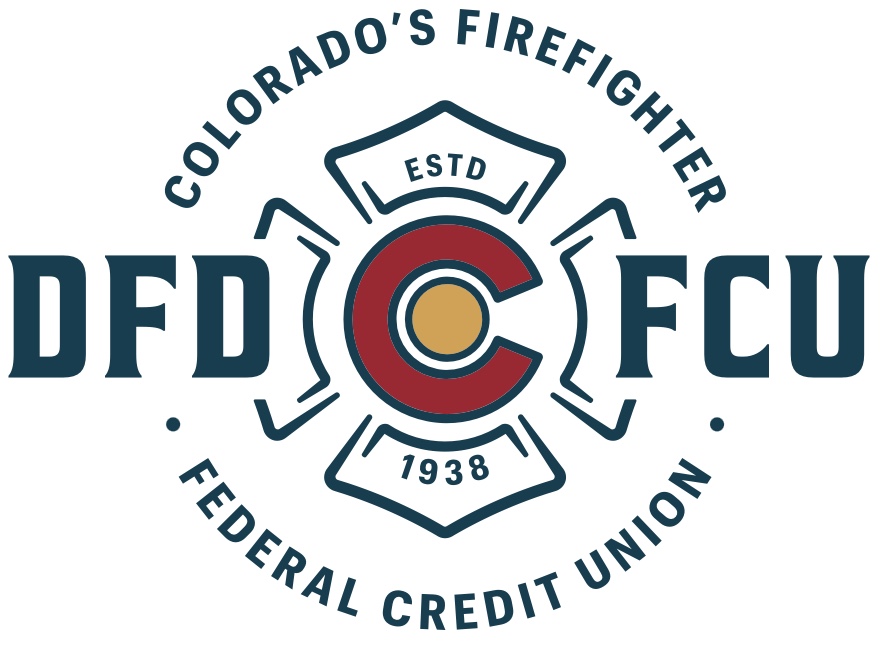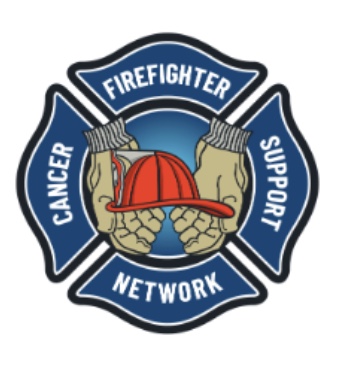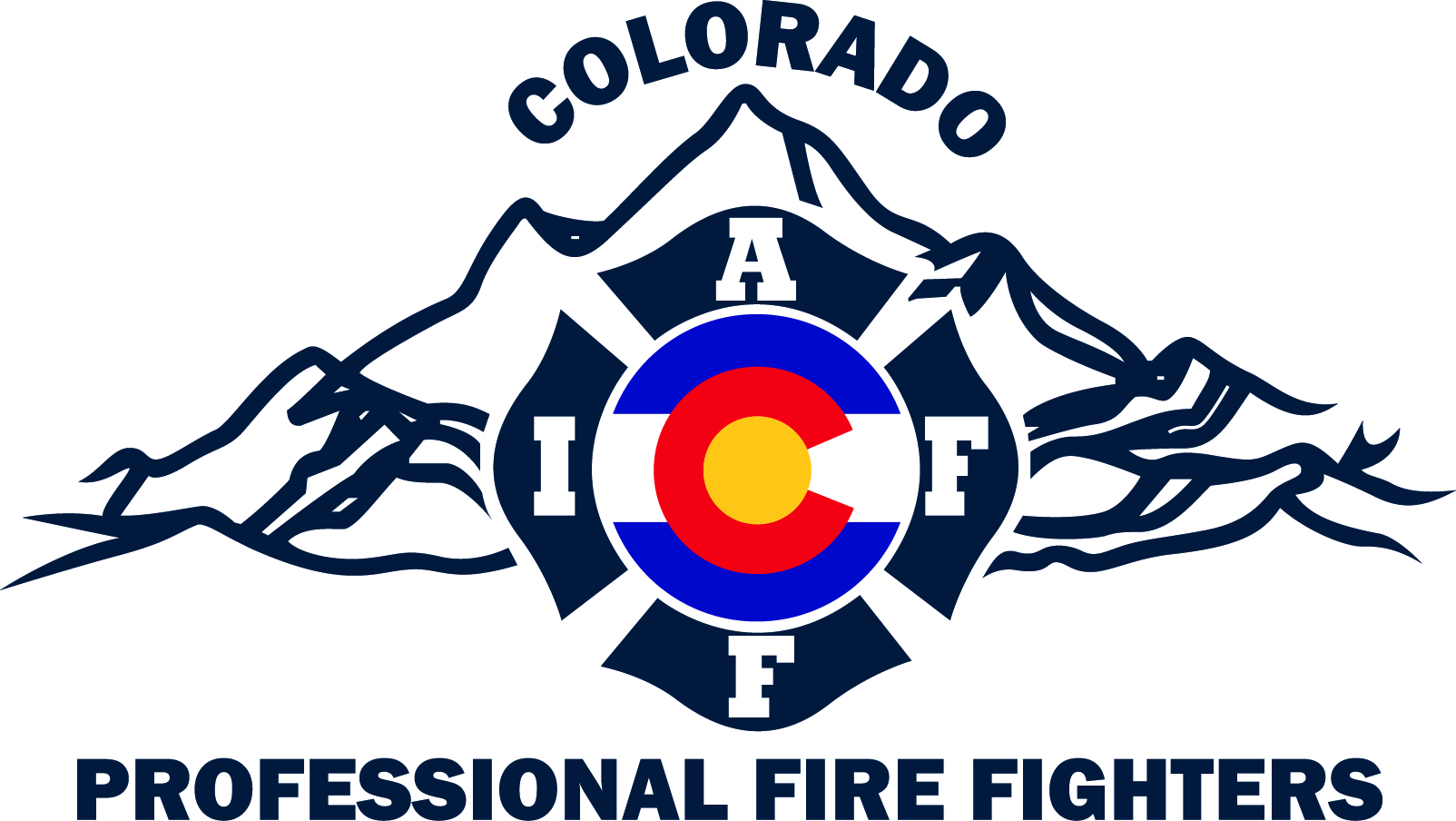|
The Colorado Professional Fire Fighters Association is the collective voice of over 6,500 dedicated firefighters across our beautiful state. With 67 locals united under our banner, we stand as a formidable force committed to serving our communities with unwavering dedication and professionalism. The mission of Colorado Professional Fire Fighters is clear: to protect and advance the rights, interests, and well-being of our members while ensuring the highest standards of safety and service for the residents of Colorado. From battling wildfires that threaten our forests and homes to responding to medical emergencies and hazardous incidents, our members are on the front lines, ready to answer the call whenever and wherever they are needed. The CPFF is proud to amplify the voices of our brave firefighters, advocating for fair wages, benefits, and working conditions that reflect the sacrifices they make day in and day out. Through strategic communication and collaboration, we strive to build strong relationships with government officials, community leaders, and the public to foster understanding, support, and appreciation for the vital role firefighters play in keeping Colorado safe. Together, we are more than just a union – we are a family bound by a shared commitment to service, solidarity, and sacrifice. Thank you for visiting our website and for your continued support of Colorado Professional Fire Fighters.
Page Last Updated: Jul 27, 2024 (13:56:59)
|
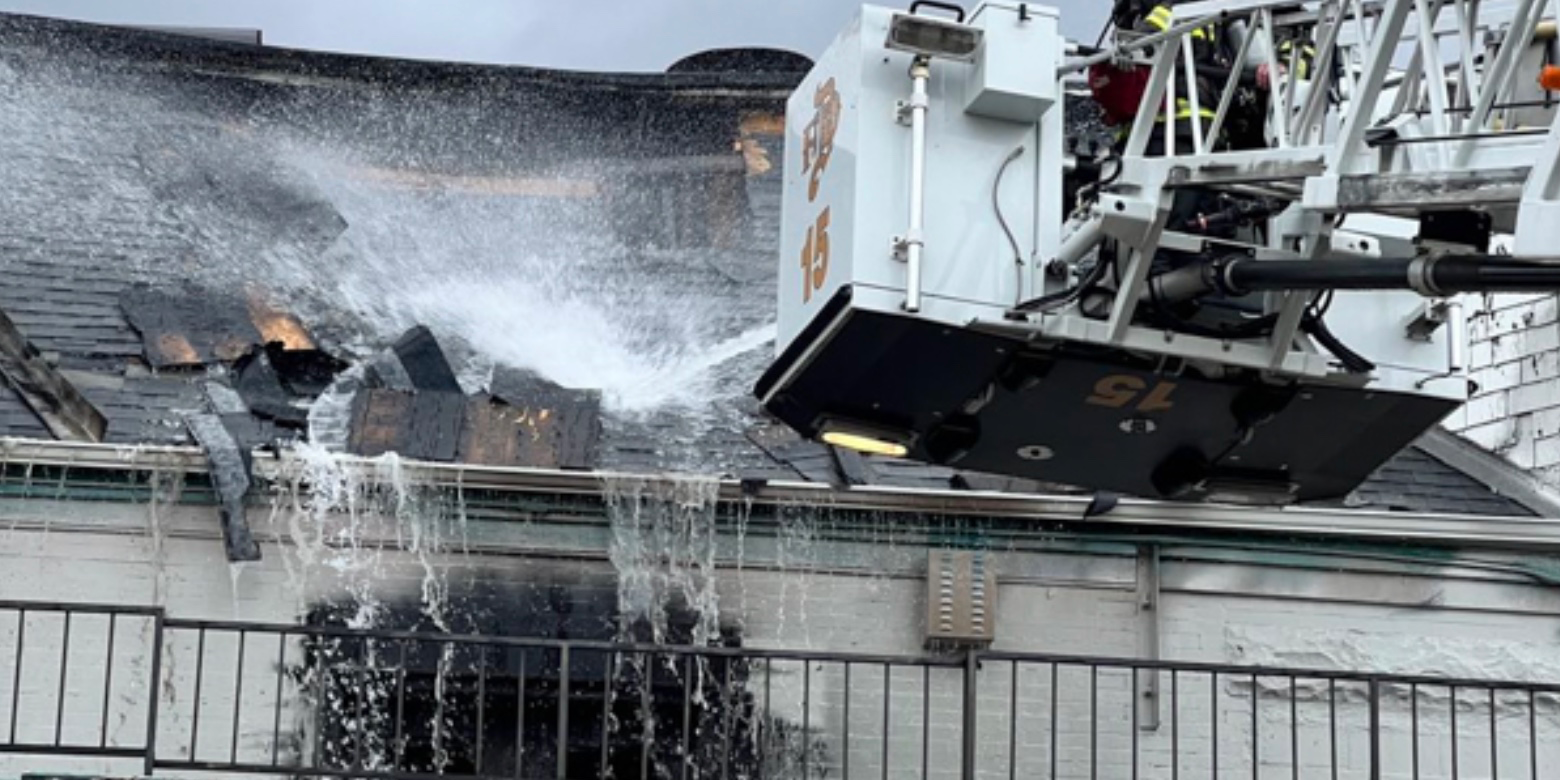
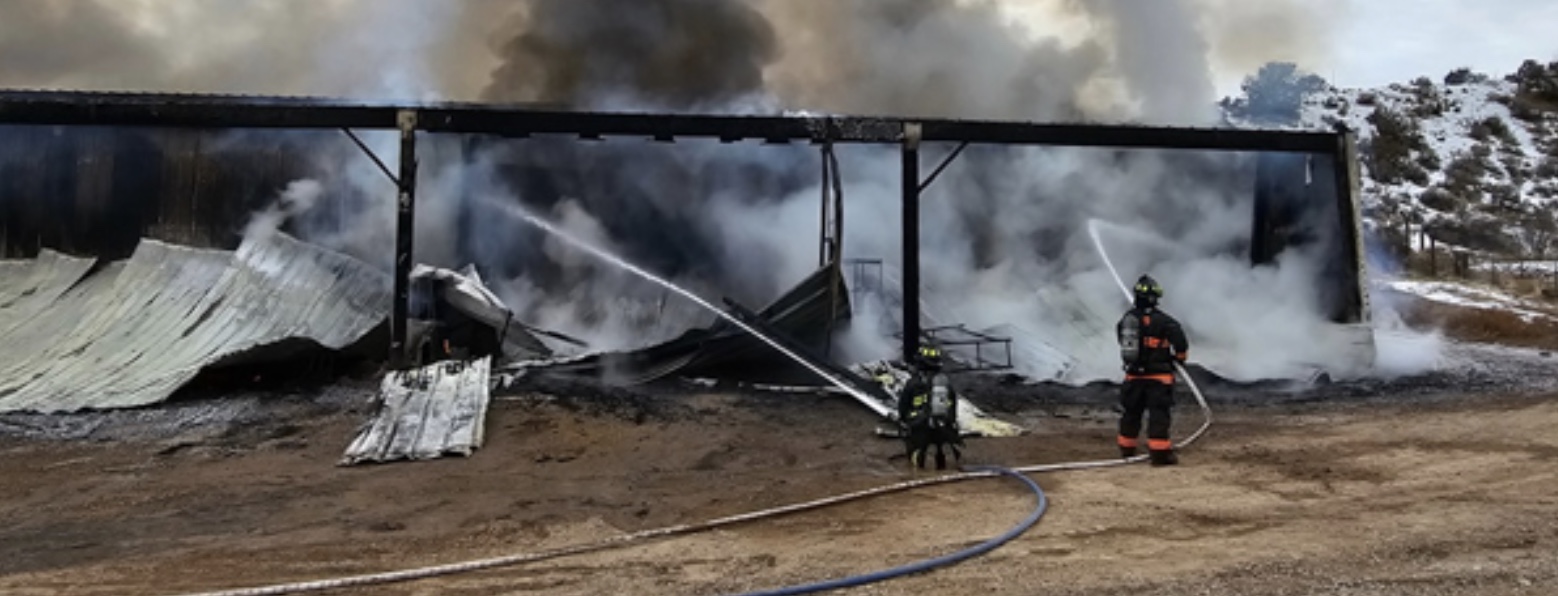
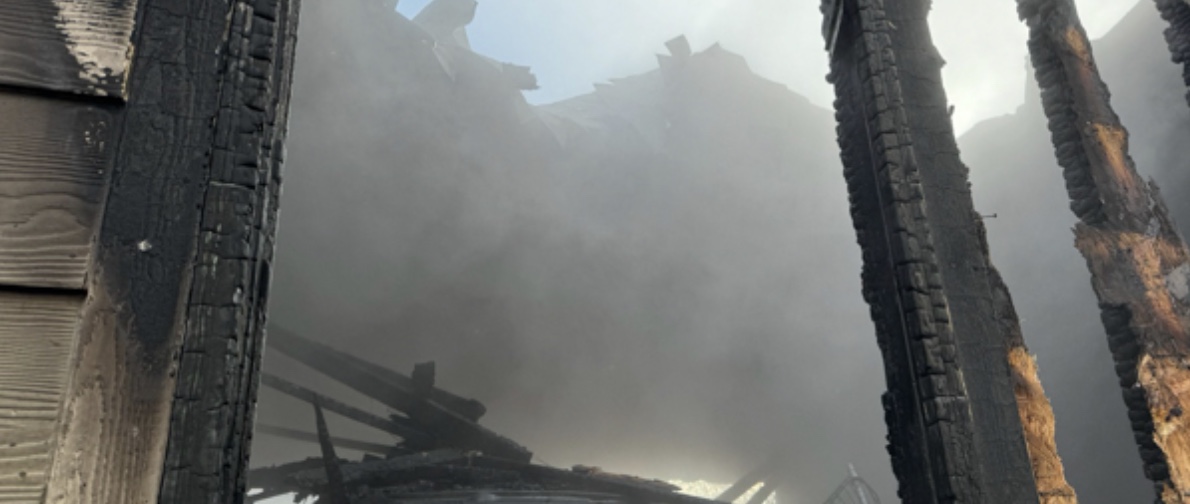
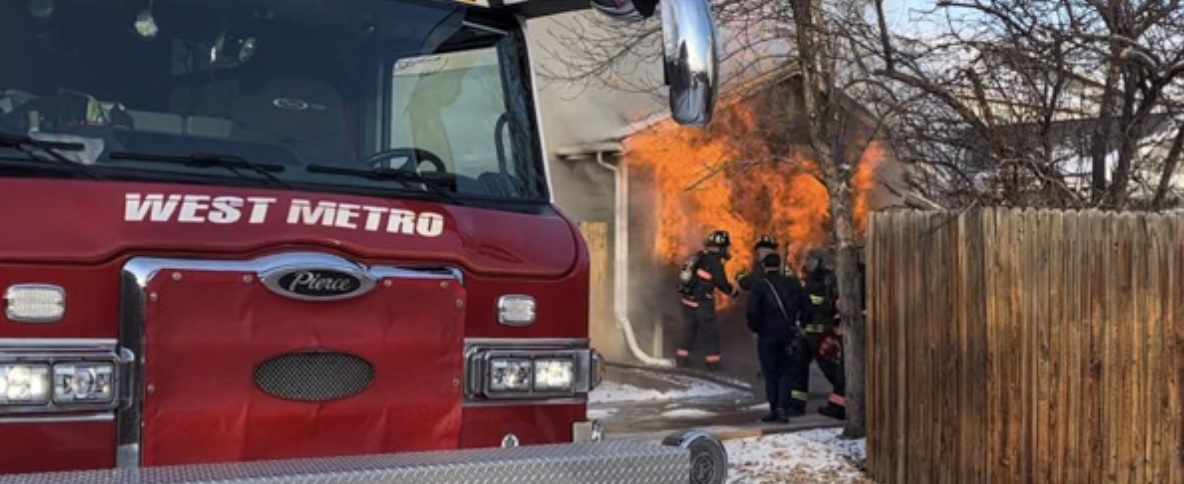
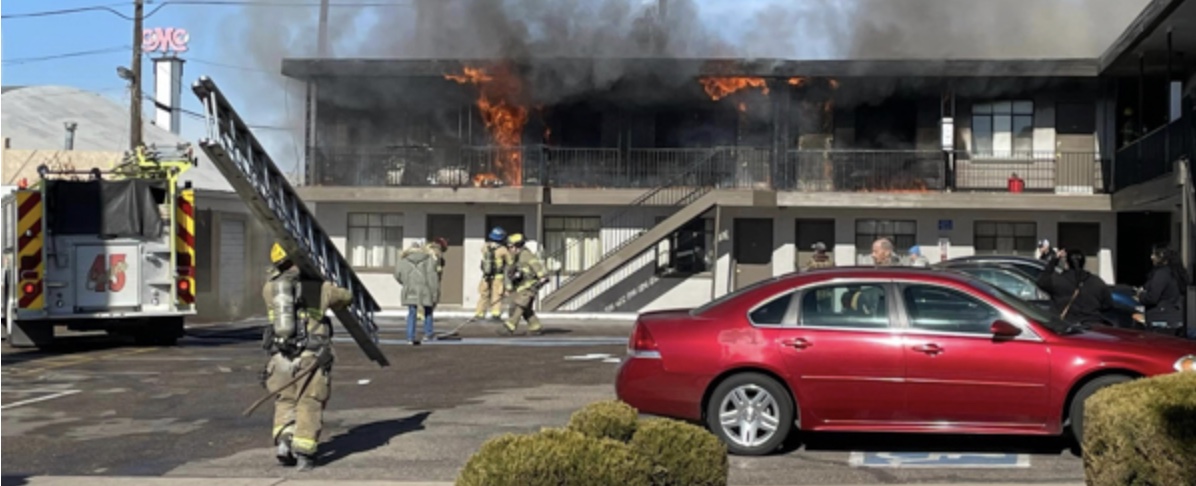
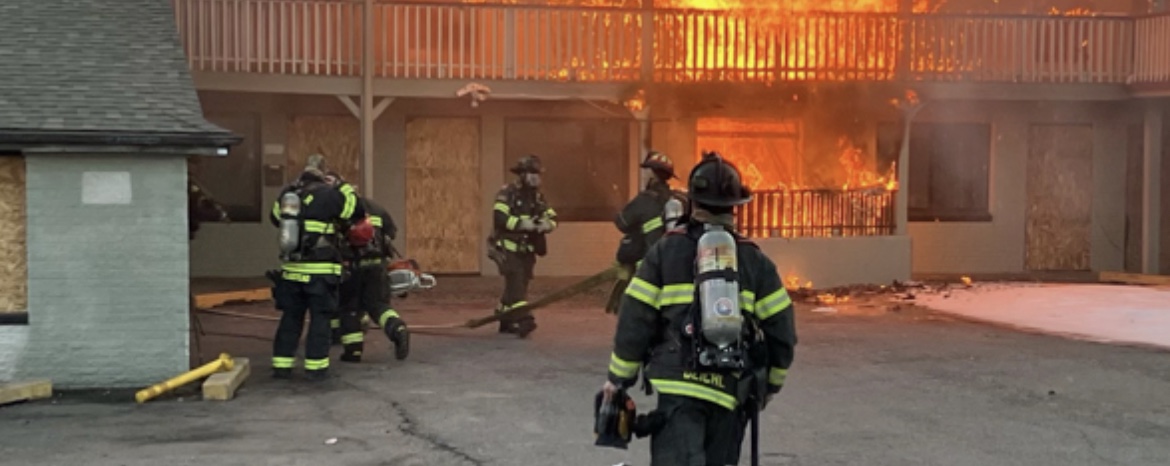




 (1).jpg)


